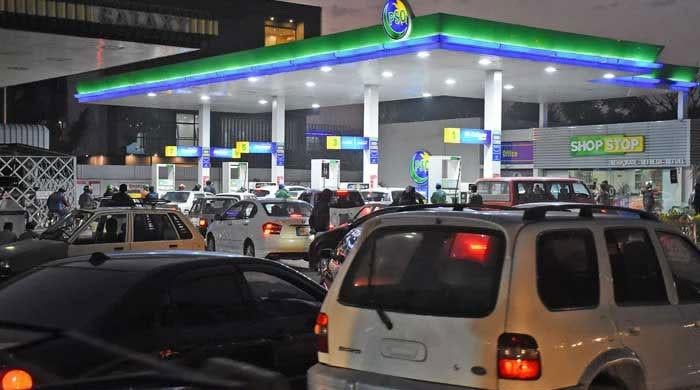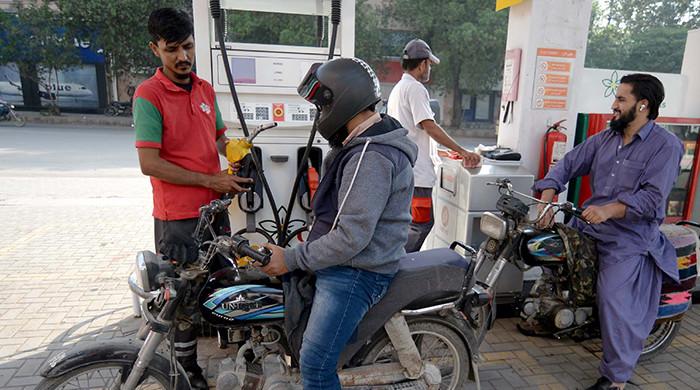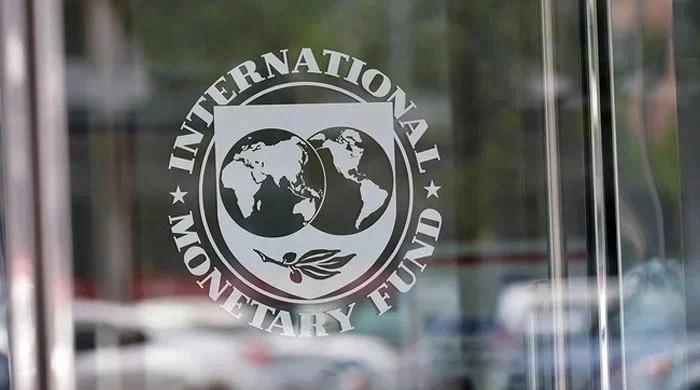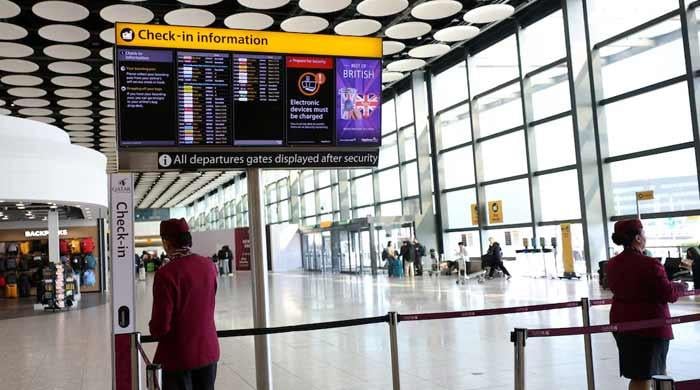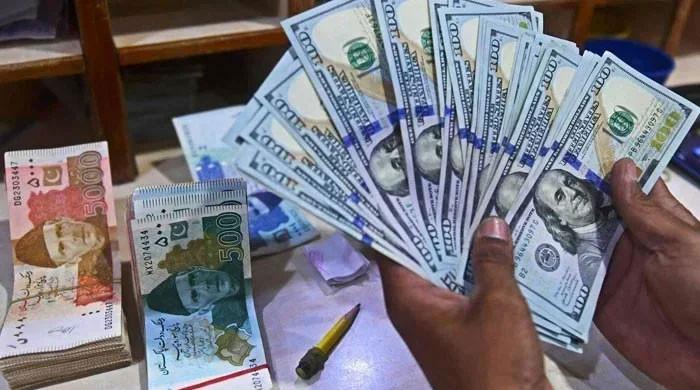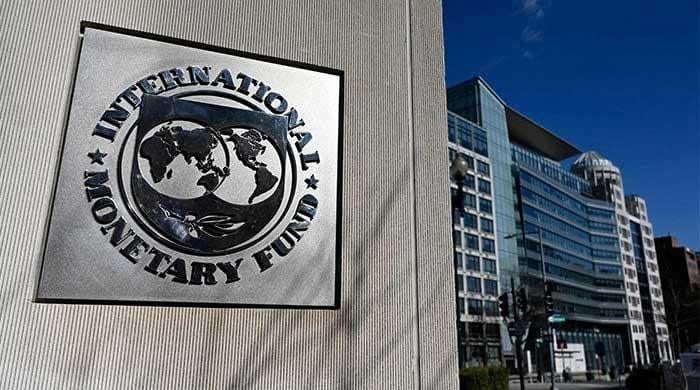Remittances fall 20pc in July, lowest in three years
Remittances have started shrinking due to the sharp fall in global oil markets and changes in labour market in Saudi Arabia
August 11, 2016

KARACHI: The amount of money sent home by Pakistanis living abroad fell 20 percent to a three years low in July 2016, the central bank said on Wednesday.
Pakistani migrants sent $1.328 billion during the first month of the current fiscal year of 2016/17, compared with $1.663 billion in the corresponding month of last fiscal 2015/16. In July 2013/14 remittances came in at $1.404 billion, compared to $1.675 billion in July 2014/15.
Remittances, Pakistan’s most stable source of non-debt creating foreign inflows, have started shrinking as was widely expected, reflecting the flip side of the sharp fall in global oil prices and subsequent changes in labour market dynamics of the GCC countries, especially Saudi Arabia.
Pakistan received $378.69 million in remittances from Saudi Arabia in July 2016, which was lower than $474.42 million fetched in the same month of last year. Analysts, while quoting recent examples, said, around 8,520 Pakistanis working in construction companies were stranded in Saudi Arabia, facing financial problems.
“The government is working at a snail’s pace in providing diplomatic arrangement or assistance to the victims for helping them out of the ongoing crisis,” said an analyst. “Most of our workers are already facing discriminatory action by employers in the Middle East region.”
The Saudi authorities cut spending and delayed payments to contractors to handle the slump in oil prices; the austerity measures hurt the sentiments of private businesses that were dependent on the government spending for growth.
Saudi Arabia has come out with broad outlines of its vision for a post-oil economy. As per the vision 2030, the Kingdom is planning to significantly reduce the concentration of its fiscal revenues and exports from oil.
Pakistani workers in Saudi Arabia were undergoing fundamental change. If recent trends continue, the domestic economy would have to make up for significant revenues lost from abroad. Reduction in fuel subsidies and increase in taxation would instead reduce savings of expatriate workers, squeezing the amount they could remit back home.
Overall remittance inflows from the GCC countries slowed down in the first month of this fiscal year. Remittances from UAE declined to $293.72 million in July, compared with $367.51 million in July last year.
Overseas Pakistanis living in GCC countries sent back $169.61 million against $197.86 million during July 2015. If remittances from the bloc continue to drop at this pace, Pakistan may not uphold the balance of payments comfort it has been enjoying over the previous few quarters.
The country received an amount of $169.68 million from expatriates working in the US, compared with $255.32 million last year. Remittance flows from the UK fell to $143.61 million against $232.33 million in the corresponding month of 2015.
Extensive changes have taken place in the global remittance business, particularly since the second half of 2015. A multitude of factors seems to be at play, like stagnant growth, low inflation in the developed world, a tightening regulatory landscape governing cross-border money transfer in the US which increased compliance costs for banks and money transfer operators, and the migrant crisis in the European Union.
According to World Bank report, global remittances declined 1.7 percent in 2015. In developing countries, the growth in inflows declined from 3.2 percent in 2014 to only 0.4 percent in 2015.
—Originally published in The News




